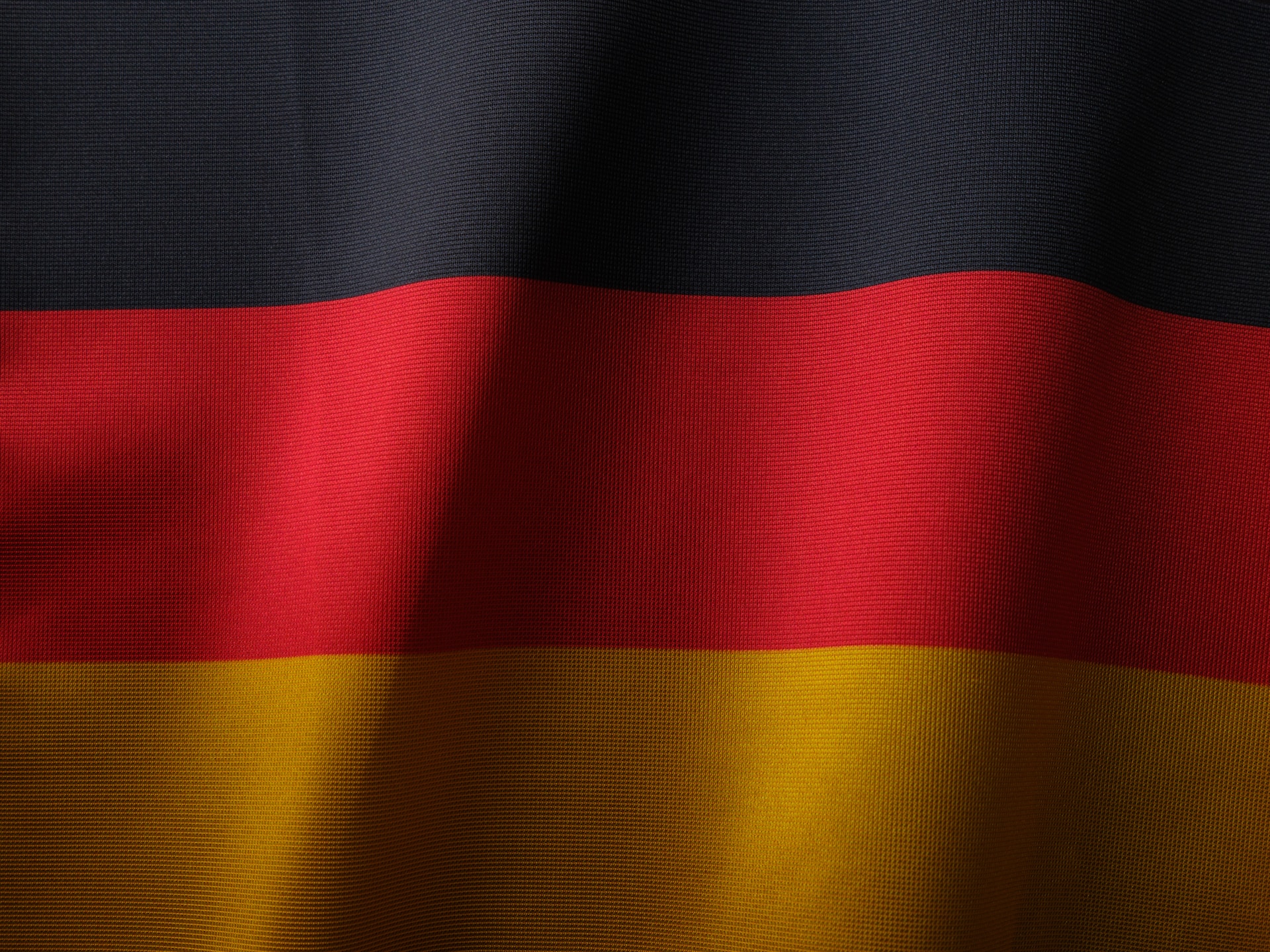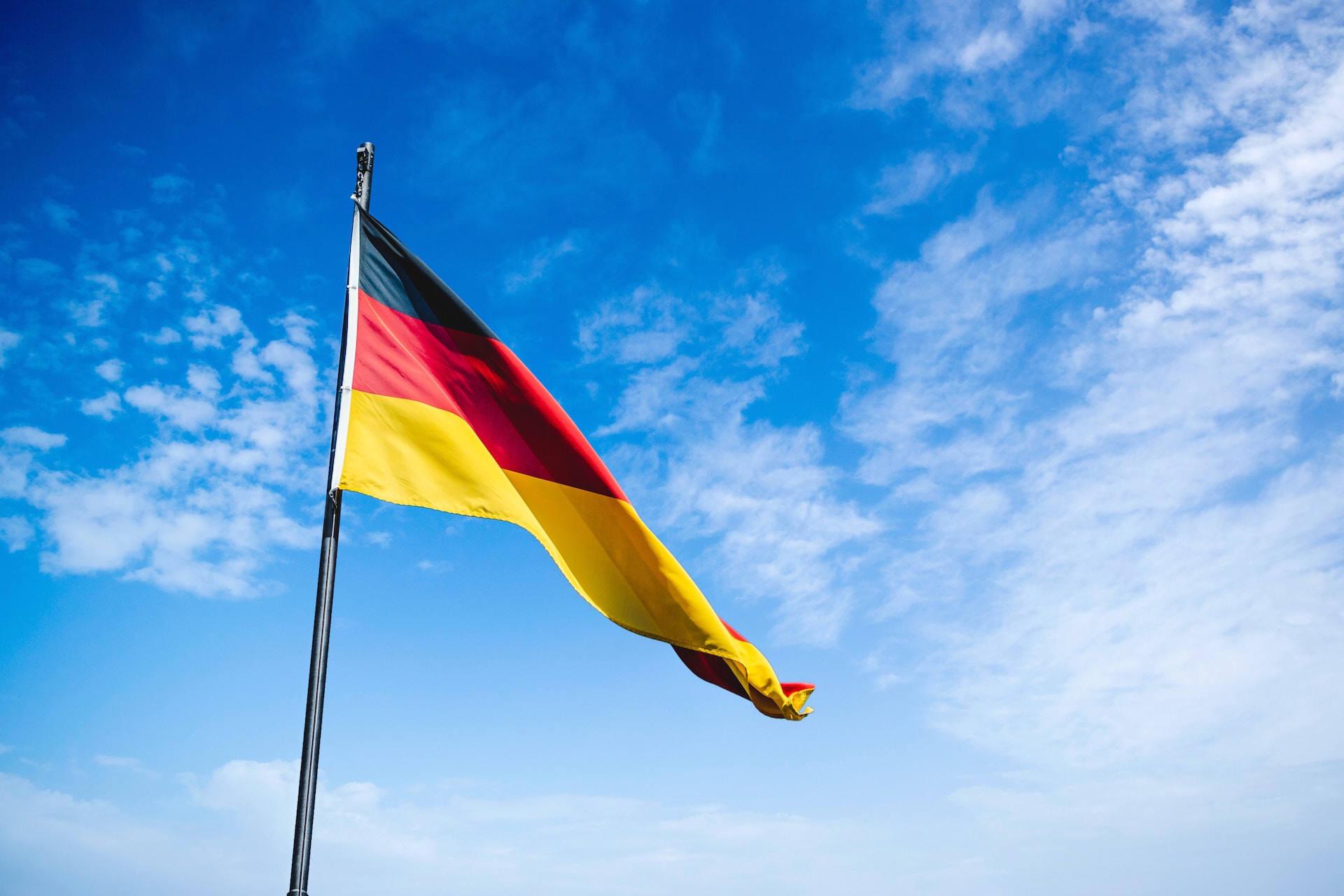The German eCommerce sector has experienced significant growth in recent years and shows no signs of slowing down. With the emergence of local and international players catering to the diverse needs of German consumers, the market presents numerous opportunities for businesses and investors. The future of eCommerce in Germany will be shaped by advancements in technology, evolving consumer preferences, and the growth of niche platforms. As the sector continues to expand, companies must stay abreast of these trends and adapt their strategies accordingly to ensure continued success in the market.
Main Players in the German eCommerce Sector
- Amazon.de: Amazon.de is the German branch of the global eCommerce giant, Amazon, and has established itself as a prominent eCommerce platform in the country. With millions of users, the platform offers a wide range of products across various categories, such as electronics, fashion, and home appliances. Amazon.de is known for its user-friendly interface, competitive pricing, and efficient delivery services, which has helped it gain a significant market share in Germany.
- Zalando: Zalando is a Berlin-based eCommerce platform that specializes in fashion and lifestyle products. The platform has over 20 million active users and offers a wide range of products from various international and local brands. Zalando is known for its curated collections, personalized shopping experience, and efficient delivery services, which have helped it become a preferred choice for fashion-conscious consumers in Germany.
- Otto: Otto is a Hamburg-based eCommerce platform that offers a wide range of products, including fashion, electronics, and home appliances. With millions of users, the platform has gained popularity due to its user-friendly interface, competitive pricing, and reliable delivery services. As a local platform, Otto has the advantage of understanding the unique preferences and demands of the German market, which has helped it to build a loyal customer base.
Differences Between the Companies
Product Offerings: Amazon.de offers a vast range of products across various categories, whereas Zalando specializes in fashion and lifestyle products, and Otto focuses on a diverse range of products, including fashion, electronics, and home appliances. These differences in product offerings allow the platforms to cater to the diverse needs of German consumers and businesses.
Local vs. International Presence: While Amazon.de is part of a global eCommerce giant, Zalando and Otto are local German platforms. This difference in origin and market presence can impact the level of customization and understanding of local preferences and demands, as well as the availability of products and services.
Future of eCommerce in Germany
The German eCommerce sector is expected to continue its growth trajectory in the coming years, driven by increasing internet penetration, smartphone usage, and a shift in consumer behavior towards online shopping. Key trends that are likely to shape the future of eCommerce in the country include:
- Mobile Commerce: As the number of smartphone users continues to rise in Germany, mobile commerce is expected to grow significantly, with more consumers opting to shop via their mobile devices. This trend will drive eCommerce platforms to enhance their mobile shopping experience by developing user-friendly and responsive mobile apps and websites, offering seamless navigation, secure transactions, and personalized recommendations based on user preferences.
- Expansion of Local eCommerce Players: As the eCommerce market in Germany matures, local players like Zalando and Otto are expected to expand their product offerings and services to cater to the evolving needs of German consumers. This may involve collaborations with international brands, improved logistics, and last-mile delivery services, as well as the introduction of innovative payment solutions to enhance the overall shopping experience.
- Emergence of Niche Platforms: As the eCommerce landscape becomes increasingly competitive, niche platforms catering to specific customer segments or product categories are expected to emerge. This trend will help meet the diverse needs of German consumers and provide them with specialized shopping experiences tailored to their preferences.
- Integration of Advanced Technologies: The integration of advanced technologies, such as artificial intelligence (AI), machine learning, and augmented reality (AR), will play a critical role in shaping the future of eCommerce in Germany. These technologies can help eCommerce platforms offer personalized recommendations, virtual fitting rooms, and chatbot-assisted customer support, which will enhance the overall customer experience and drive further growth in the sector.
- Focus on Sustainability and Social Responsibility: As consumers become more environmentally conscious and socially aware, the demand for sustainable and ethical products will continue to grow. eCommerce platforms in Germany will need to adapt to this trend by offering eco-friendly products, transparent supply chain information, and partnering with socially responsible brands.
- Cross-Border eCommerce: As German consumers increasingly seek unique and diverse products, the demand for cross-border eCommerce is expected to rise. This trend will encourage eCommerce platforms to expand their international product offerings, provide localized customer support, and collaborate with efficient logistics partners to ensure seamless cross-border transactions and deliveries.
- Personalization and Customer Experience: As the German eCommerce market becomes more competitive, platforms will need to focus on enhancing the customer experience through personalization. This can include offering personalized product recommendations, tailored marketing campaigns, and customized loyalty programs that cater to individual customer preferences and shopping habits.
Related Information






















